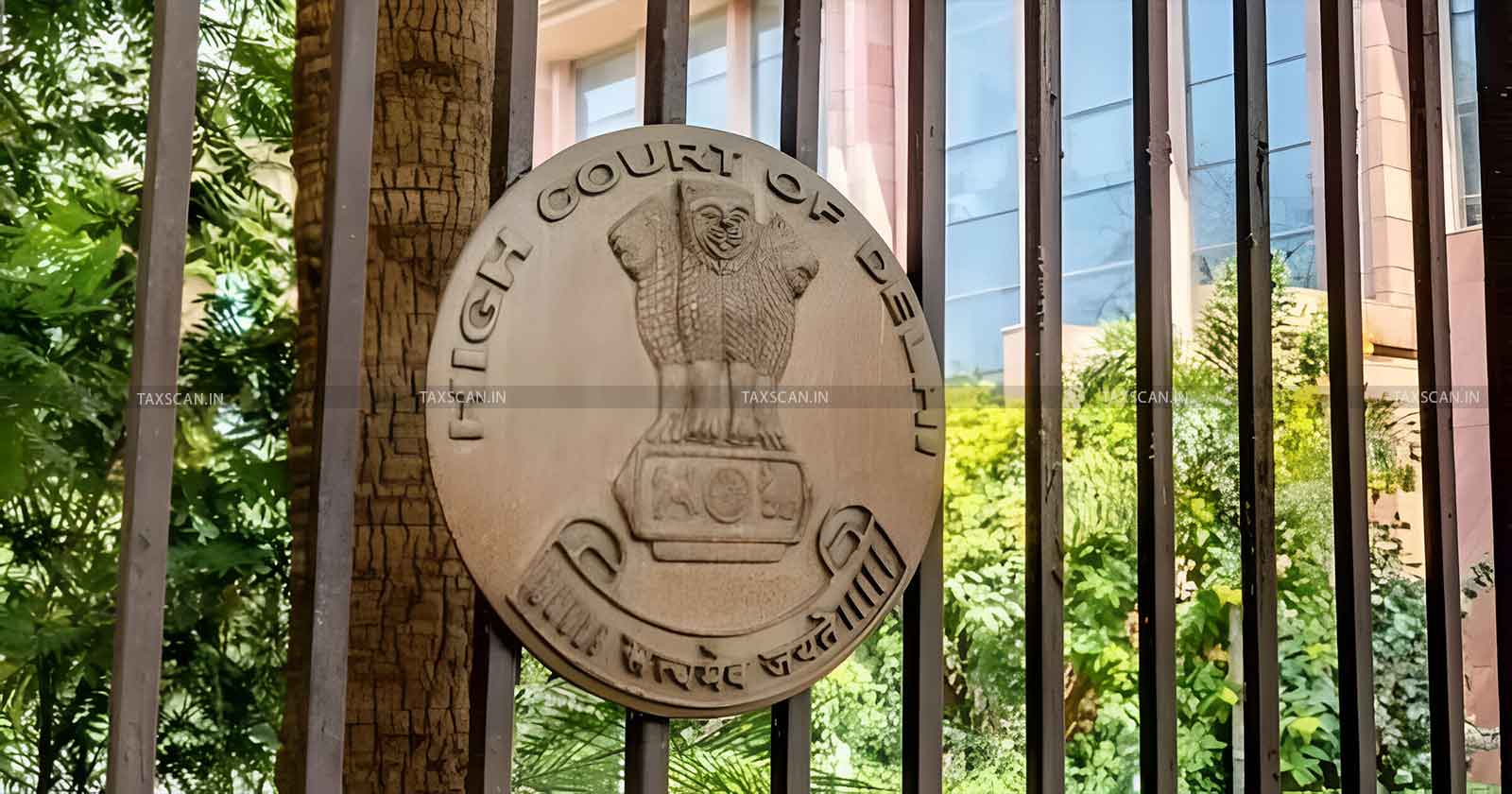Dissimilar comparables in Transfer Pricing Owing to Intangibles as Goodwill and Product Development Costs: Delhi HC upholds Exclusion [Read Order]
The HC observed that the functional differences pointed out by the ITAT cannot be considered insignificant

Dissimilar comparables – development costs – Delhi HC upholds – Delhi HC – High Court upheld – taxscan
Dissimilar comparables – development costs – Delhi HC upholds – Delhi HC – High Court upheld – taxscan
In a recent ruling, the Delhi High Court upheld the exclusion of dissimilar comparables in transfer pricing due to intangibles such as goodwill and product development costs.
In this case, the revenue has appealed against the order of ITAT for the assessment year 2013-14.
The appeal pertained to the assessment year 2013-14 and arose from an adjustment of Rs. 17.25 crore made by the Transfer Pricing Officer (TPO) concerning the company's international transactions in its software development segment.
Become a PF & ESIC expert with our comprehensive course - Enroll Now
The assessee, Freescale Semiconductor India Pvt. Ltd., had initially adopted the Transactional Net Margin Method (TNMM) with Operating Profit/Operating Cost as the profit level indicator for benchmarking its international transactions. The TPO, while agreeing with the chosen method, added seven new comparables, including Infosys Ltd., Zylog Systems Ltd., Larsen & Toubro Infotech Ltd., and Acropetal Technologies Ltd. This resulted in an ALP adjustment of over Rs. 21.41 crore, which was later revised to Rs. 17.26 crore following recommendations by the Dispute Resolution Panel (DRP).
The assessee appealed before the ITAT against the inclusion of the four entities, and the ITAT ruled in favour of the assessee. The ITAT noted major distinctions between Freescale's operations and those of the challenged comparables, the ITAT made a decision in its favour. Because of its wide range of services, extensive intangibles, and much higher turnover, Infosys was left out. Unlike Freescale, it was discovered that Zylog held intangibles and derived the majority of its revenue from on-site operations. Acropetal's participation in several unrelated industries, including acquisitions that affected sales, and Larsen & Toubro's varied business further solidified their exclusion.
Become a PF & ESIC expert with our comprehensive course - Enroll Now
The High Court bench, comprising Justice Vibhu Bakhru and Justice Swarna Kanta Sharma, observed that the functional differences pointed out by the ITAT cannot be considered insignificant.
The High Court dismissed the appeal filed by the revenue as there was no substantial question of law and upheld the decision of ITAT.
To Read the full text of the Order CLICK HERE
Support our journalism by subscribing to Taxscan premium. Follow us on Telegram for quick updates


